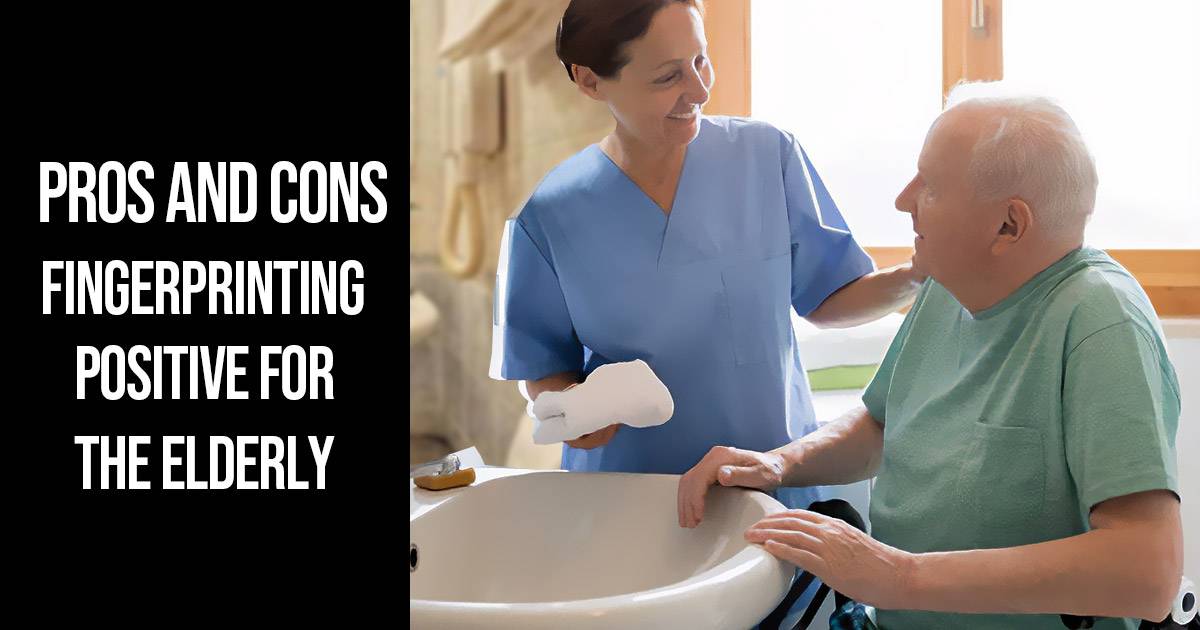Making Baths Enjoyable and Positive for the Elderly

Helping older people take a bath can be hard. Caregivers find it tough, and it can be upsetting for seniors too. As people get older, they may not enjoy bathing as much. But if they stop altogether, they might get infections or skin problems. These skin issues can be tricky to deal with. So, it’s important to help seniors bathe regularly and make it simpler for them. Before we talk about tips on how to bathe an elderly person, let’s understand some of the problems they might have with bathing.
Common Issues Seniors Face When Taking a Bath
Seniors avoid showering for many reasons. Those with Alzheimer’s or dementia may struggle with bathing due to fear of water sounds or sensations. Some seniors hallucinate scary scenarios like drowning, making them avoid bathing altogether. Pain when bending or standing can also deter them, making showering tiring and hard.
Warm or cold water discomfort, fear of accidents, or simply being stubborn can also lead to avoidance. Memory loss worsens the issue, with seniors forgetting when to bathe. To encourage bathing, find gentle ways to persuade them without taking away their autonomy.
Effective Tips on How to Get the Elderly to Take a Shower
Here are some helpful tips to persuade an elderly person to take a shower, making it easier for both you, the caregiver, and the senior.
Communicate
Talking to your senior patient is crucial. As the caregiver, listening to their reasons for not wanting to bathe helps you understand and convince them better. Reassuring them kindly and positively makes them more open to showering. Instead of nagging, be polite and explain gently why showering is important and what might happen if they don’t. Painting two different pictures of what could happen can help them realize the importance of bathing.
Speak with a Healthcare Professional
Your senior’s doctor can be a big help in convincing them to shower. Since the doctor knows your senior’s personality and health history, they can give advice that your senior is more likely to listen to than yours. Working together with the doctor can make it easier to persuade your seniors to bathe.
Utilizing the Right Equipment and Products
To make bathing easier for your seniors, make sure you have the right equipment, like a bath lift chair, handheld showerheads, and shower chairs. These tools help seniors who find bathing tiring, especially if they have back or knee problems. Using this equipment makes them feel safer and more comfortable, encouraging them to bathe. Also, consider buying products they like, such as their favorite soap scent or brand, which make bathing more enjoyable for them.
Have Their Family and Friends Around
When you have family and friends over, they can help motivate your senior to bathe. Seniors often feel happy and eager to see loved ones, which might prompt them to bathe without needing much persuasion from you.
Patience and Respect
As a caregiver for the elderly, it’s important to be patient and respect their pace. Seniors like to do things in their own time, so when encouraging them to shower, give them the freedom to choose when. Avoid rushing them and instead offer options, like asking if they prefer to shower before or after meals. Respect their privacy and preferences, such as allowing them to shower clothed if they prefer. This builds trust and mutual respect in your relationship.
Stick to a Routine
Creating a regular routine with the senior you’re caring for can help eliminate bathing struggles. Discuss with them when they prefer to bathe, whether it’s in the morning or evening, to help them prepare mentally and physically. Routine is especially important for seniors, particularly those with dementia, as it provides structure and predictability.
Give Warm Showers and Baths
If your senior dislikes bathing because they feel cold, talk to them about warming up the bathroom before showering. Turn on the heater for about 10 minutes before they go in. When they’re done, wrap them in a warm, heavy towel right away to help them stay cozy.
Prepare the Tools You Need Beforehand
Make sure you have everything you need close by before the senior gets in the bath. It’s important not to leave their side once they’re in there. Have shampoo, sponges, and washcloths ready and within easy reach. When they see you getting everything ready, it helps them get ready too, both mentally and physically. Having everything prepared beforehand makes bath time go more smoothly and quickly.
Check for Rashes
As you get older, your skin becomes more delicate. While it protects us when we’re young, aging leads to wrinkles and thinner skin. This makes older adults more prone to skin infections, rashes, and sores.
How many times should an elderly person take a bath?
It’s important to bathe your senior twice a week to keep their skin healthy and reduce the chance of infection. Seniors don’t need to bathe as frequently as younger people because they’re typically less active, but regular bathing helps prevent body odor.
Should you bathe an elderly person with a rash?
If your elderly patient has a rash or soreness, it’s best to bathe them less often to avoid irritating their skin. Cleaning them every other day is gentler than daily baths. Also, be careful not to use very hot water, especially on their face, as this can dry out their skin.
Get an Elderly Person to Take a Bath with the Right Tips
Helping seniors bathe comfortably is crucial for their health and well-being. By understanding their concerns, communicating kindly, and respecting their pace, we can make bathing a positive experience for both caregivers and seniors. Remember to utilize helpful tips, such as speaking with healthcare professionals, using the right equipment, and involving family and friends. Let’s work together to ensure seniors feel safe, comfortable, and respected during bath time.
